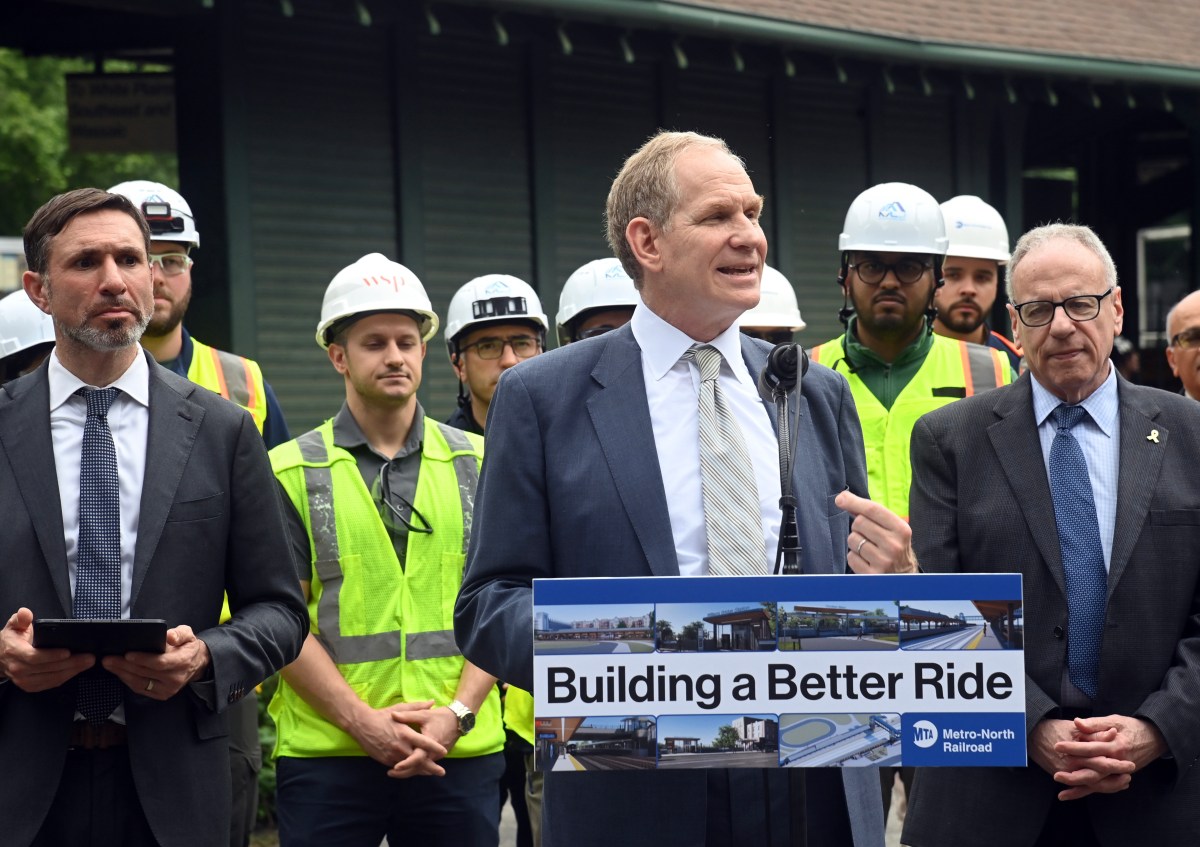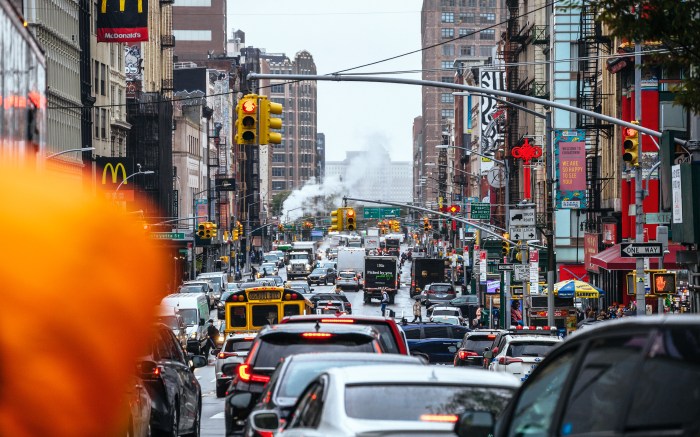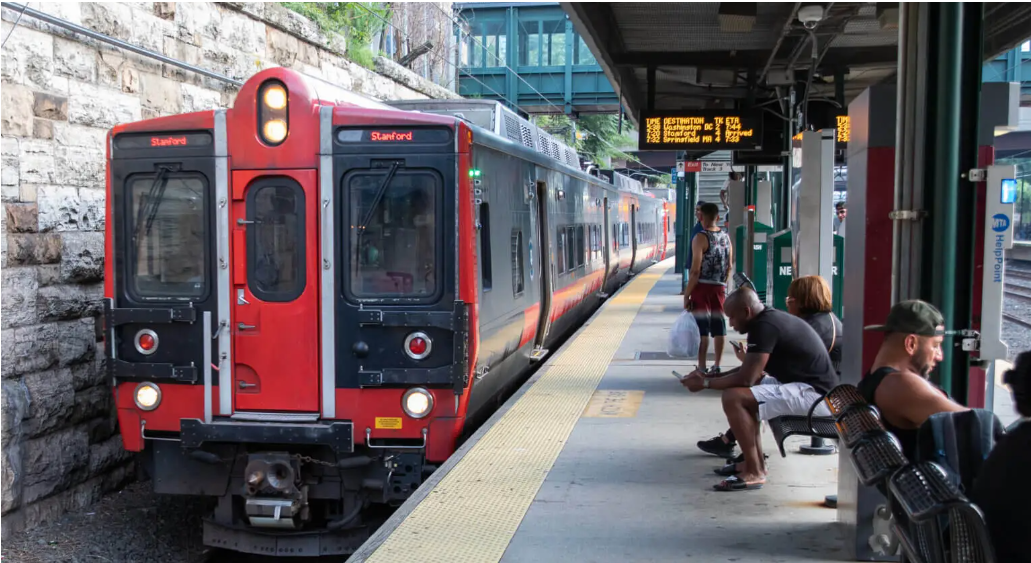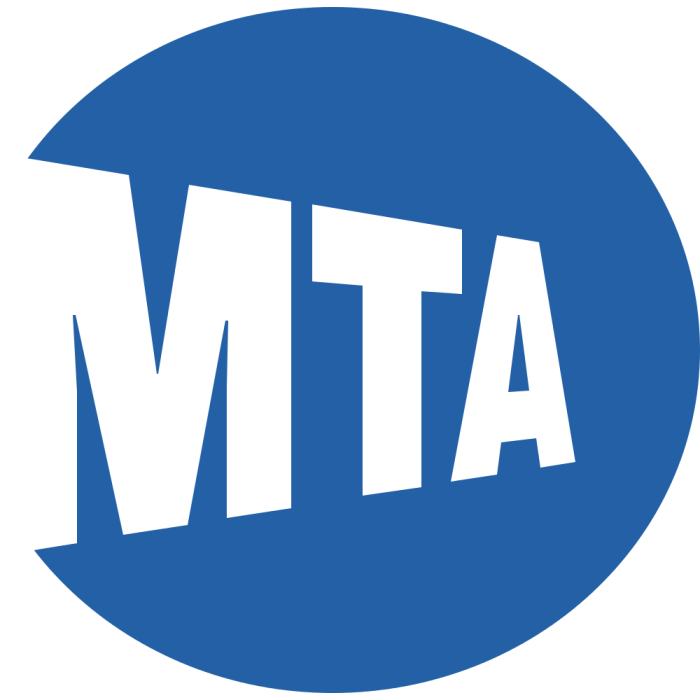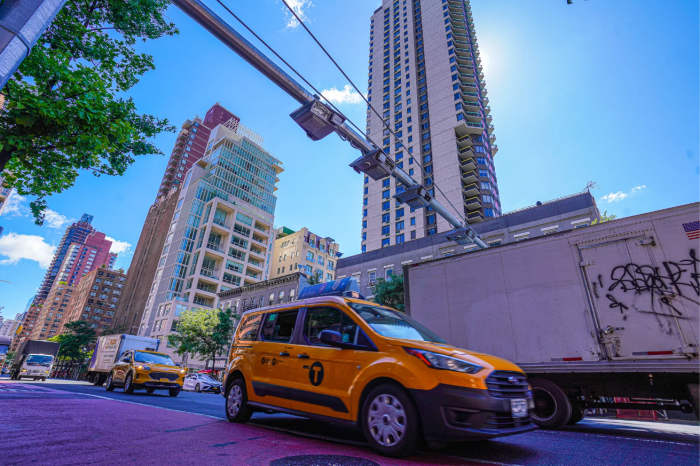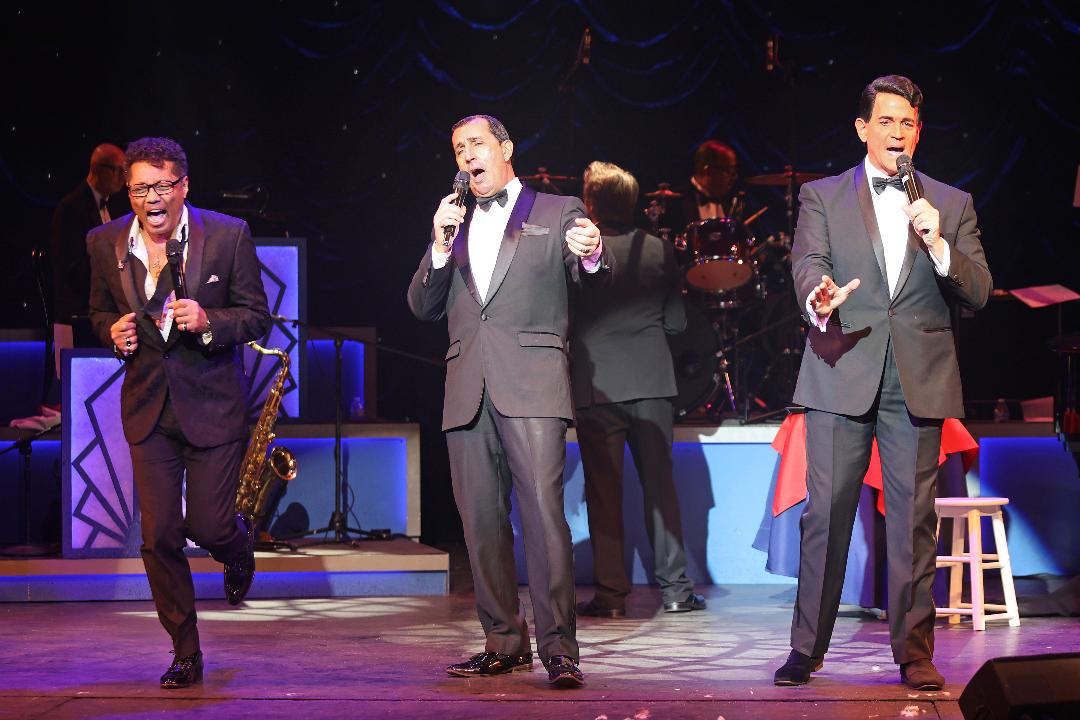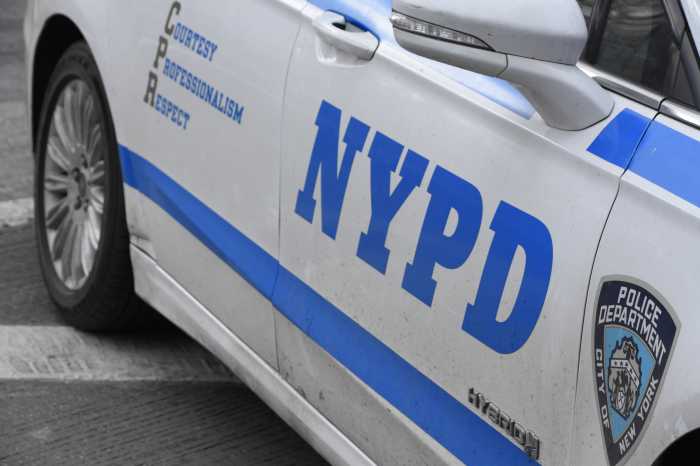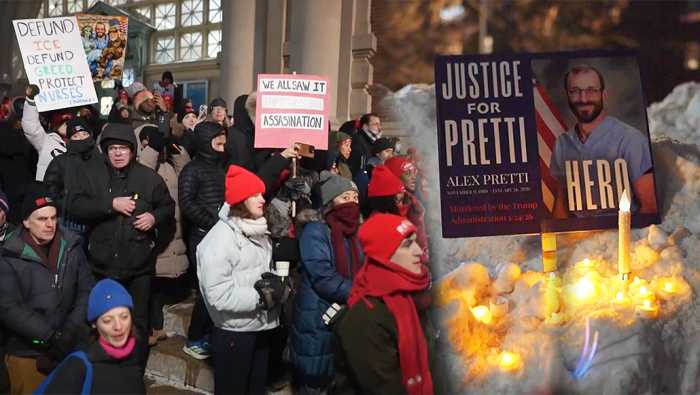A Supreme Court judge on Wednesday, June 18 dismissed a lawsuit filed by the Town of Hempstead against the Metropolitan Transportation Authority and the State of New York opposing New York’s congestion-pricing program.
MTA chairman and CEO Janno Lieber said Hempstead’s lawyers “threw in the towel” at a Manhattan court hearing before Judge Arthur Engoron in which they were nearly a no-show.
Lieber said he was unsurprised by the decision, given how other courts have ruled on similar lawsuits.
“On the subject of the lawsuits against congestion pricing, at this point it’s pretty clear that they are all going to lose,” he said. “This most recent case actually shows how frivolous these lawsuits are.”
Lieber also said the town’s lawyers didn’t show up for the motion to dismiss the suit. He said they were complaining about the drive into Manhattan, to which he suggested the Long Island Rail Road as an alternative form of transportation.
Despite the setback, Hempstead’s Director of Communications, Brian Devine, said the town will appeal the decision.
“The Town of Hempstead strongly disagrees with Judge Engoron’s decision regarding the Township’s lawsuit, which seeks to strike down Governor Hochul’s wrong-minded ‘congestion pricing’ Tax,” Devine said in a statement. “This regressive tax is clearly punitive toward suburban communities, does not consider the ability of motorists to pay, and it was implemented without adequate provision for public input or consideration of alternatives.
Devine said the town will be appealing the judge’s decision.

The town’s federal lawsuit against the MTA is still pending. Levine said the town is confident in its position.
The lawsuit argued the tolling plan violated administrative law since the MTA did not hold public hearings. Hochul decided to lower toll rates from a proposed $15 to $9 for most vehicles driving to 60th Street and below during peak hours.
Motorcycles will be charged $4.50 while small trucks and non-commuter buses will be charged $14.40 during the day.
Hochul reintroduced congestion pricing on Nov. 14, 2024, and it was swiftly approved by the MTA and later by the Federal Highway Administration.
The policy took effect in early January, two weeks before Donald Trump was sworn into office.
The Trump administration had also attempted to pull the plug on congestion pricing, but a federal judge imposed a preliminary injunction that indefinitely lets the city continue to collect its tolls.
New York City had previously charged tolls for entering Manhattan, but Hochul said the large increase in price was meant to ease traffic and promote public transportation.
While congestion pricing has garnered support from some state and city elected officials, it has been an unpopular proposal on Long Island.
Court documents supplied by the Town of Hempstead state, “town residents rely on their proximity to Manhattan below 60th Street for work, healthcare, shopping and recreation, and will be severely impacted by the Congestion Pricing Plan.”




